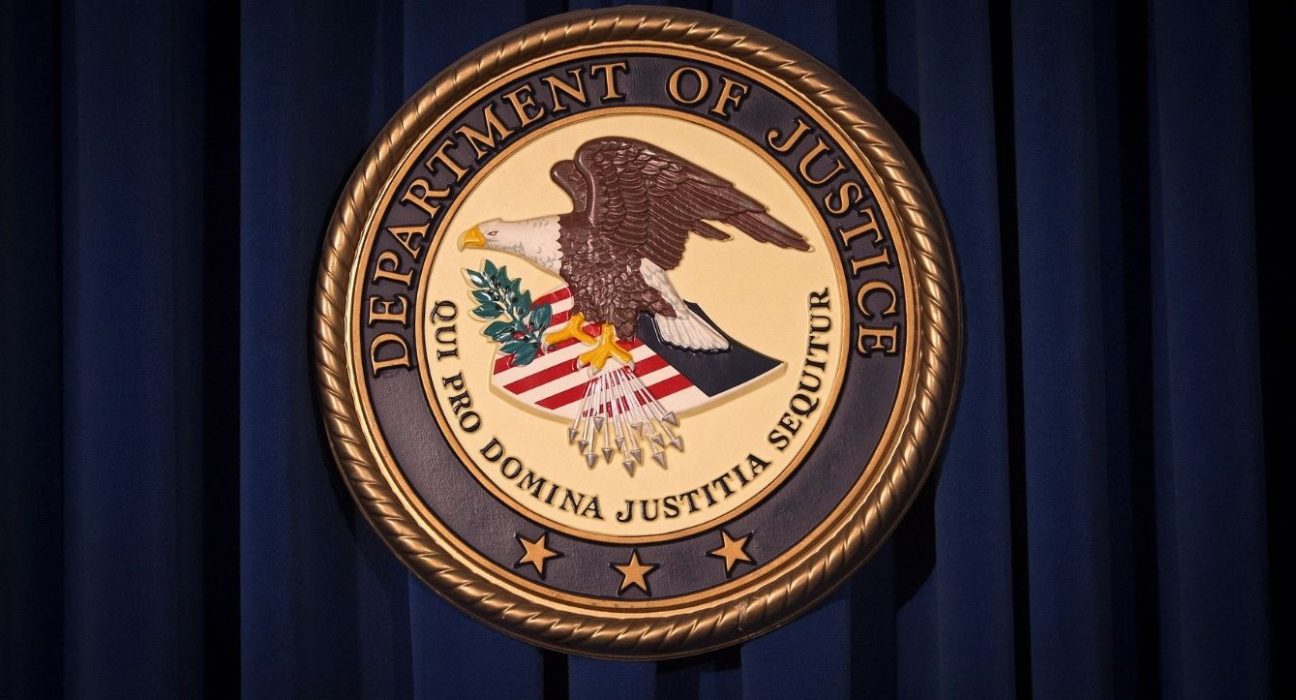Introduction:
The United States Department of Justice (DOJ) has intensified its efforts to combat the rising wave of illicit crypto activity by targeting Decentralized Finance (DeFi) hackers and exploiters. As the popularity of DeFi continues to soar, so does the risk of thefts and hacks within this sector. In a recent Financial Times report, Eun Young Choi, director of the DOJ’s National Cryptocurrency Enforcement Team (NCET), highlighted the department’s specific focus on addressing these criminal activities, with a particular emphasis on chain bridges. This article explores the DOJ’s proactive measures and their potential impact on the evolving landscape of DeFi.
Understanding the Rise in Illicit Crypto Activity:
Over the past four years, the crypto industry has witnessed a surge in illicit activities, ranging from hacks and scams to money laundering and fraud. The decentralized nature of cryptocurrencies and the rapid growth of DeFi platforms have created new opportunities for criminals to exploit vulnerabilities and compromise the security of decentralized systems. As a result, regulatory authorities like the DOJ are stepping up their efforts to safeguard investors and maintain the integrity of the financial ecosystem.
DOJ’s Focus on DeFi and Chain Bridges:
Eun Young Choi, the director of the NCET, has emphasized the department’s priority in targeting thefts and hacks specifically within the DeFi space. DeFi platforms, which facilitate financial transactions without intermediaries, have gained immense popularity due to their potential for high yields and increased accessibility. However, the absence of centralized control and regulatory oversight makes them an attractive target for hackers.
In particular, the DOJ’s attention to chain bridges is significant. Chain bridges serve as a connection between different blockchains, enabling the seamless transfer of assets and liquidity. Exploiting vulnerabilities in these bridges can have far-reaching consequences, allowing hackers to siphon off funds or manipulate transactions across multiple networks. By focusing on chain bridges, the DOJ aims to disrupt the pathways commonly used by criminals to exploit DeFi platforms.
Implications for the Crypto Industry:
The DOJ’s intensified crackdown on DeFi hackers and exploiters carries several implications for the broader crypto industry. Firstly, it demonstrates the increasing recognition of DeFi as a significant player in the financial landscape. Regulatory bodies are closely monitoring the sector to ensure compliance with existing laws and to protect investors from potential risks.
Secondly, the DOJ’s actions signal a shift toward greater accountability and security within the DeFi space. While decentralization remains a core tenet of DeFi, the industry must strike a balance between openness and robust safeguards. Strengthening security measures and implementing effective risk management protocols can help mitigate the vulnerabilities exploited by hackers.
Moreover, the DOJ’s efforts may contribute to the long-term sustainability and mainstream adoption of DeFi. By addressing criminal activities head-on, regulatory bodies instill confidence in investors and foster an environment of trust and transparency. This, in turn, could attract institutional investors and traditional financial institutions to participate in the DeFi ecosystem.
Conclusion:
As the crypto industry continues to evolve, it faces new challenges in the form of rising illicit activities. The United States Department of Justice’s commitment to combatting DeFi hackers and exploiters reflects the need for enhanced security measures within this rapidly growing sector. By focusing on thefts and hacks involving DeFi, particularly chain bridges, the DOJ aims to disrupt criminal networks and safeguard the interests of investors and the overall integrity of the financial system. The DOJ’s proactive approach sends a strong message to potential wrongdoers that illicit activities in the crypto space will not go unchecked.
While the crackdown on DeFi hackers and exploiters may introduce a sense of regulatory oversight, it is crucial to strike a balance that preserves the innovative nature of DeFi and fosters continued growth. The industry must collectively work towards implementing robust security measures, promoting self-regulation, and collaborating with regulatory authorities to build a safe and trustworthy environment for participants.
As the DOJ’s crypto tsar focuses on tackling thefts and hacks involving DeFi and chain bridges, it is expected that these efforts will contribute to the long-term sustainability and legitimacy of the DeFi ecosystem. By addressing security concerns head-on, the industry can instill confidence in investors, attract institutional players, and drive mainstream adoption.










